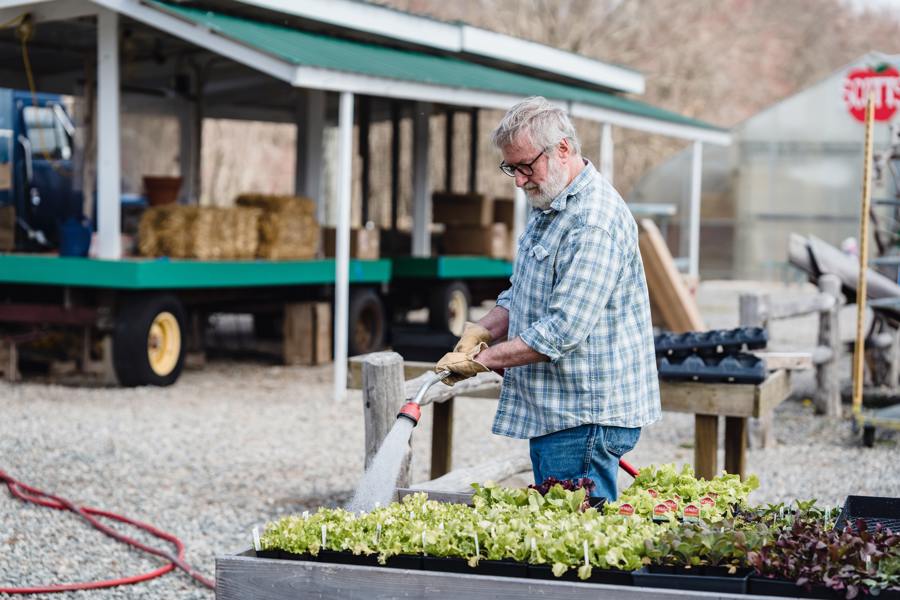
Grey Water Harvesting
What is grey water harvesting?
Grey water refers to domestic waste water generated in households or office buildings from streams without faecal contamination, i.e., all streams except for the waste water from toilets. Sources of greywater include sinks, showers, baths, washing machines or dishwashers.
How does grey water harvesting work?

Grey water can be reused in a similar way to rain water but because of the fats contained in it (from soap, skin oils, detergents) and various other additives (softeners, bleaches, disinfectants), treatment is more complex.
The quality of the grey water you collect ultimately depends upon what was put in. To get good quality grey water you will need to filter out any particles by using a mesh filter in the drain. Relatively clean water from baths and showers can usually be used directly on the garden but soap and detergent residues can be harmful so it is best to use (sparingly) biodegradable cleaning products.
Where all grey water is recycled (including washing machine and dishwasher outputs) it should be passed through several filtering systems eg a settling tank, followed by a grease trap, then a sand filter so the resulting water can be used with little worry over the potential accumulation of harmful chemicals.
What are the benefits of grey water harvesting?
Grey water can be used for gardening to supply plants with the water needed to flourish. This saves cleaner drinking water for human consumption, reducing the amount of water that is extracted and the energy cost of purifying and pumping the water to the standard needed for human consumption.
What are the pros and cons of grey water harvesting?
- Demand for water in cities around the world is growing quickly. Using recycled water helps reduce the water and energy resources needed to supply potable water.
- The average Englishman uses about 160 gallons of water each day and 25 percent of the water entering the home is used to flush toilets — an ideal use for treated greywater
- Up to 50 percent of all water is used for irrigation — another ideal use for treated greywater.
- Changes to the plumbing system are required to separate grey water and foul water streams
- Care is needed to prevent inappropriate substances going down the drain
- Proper filtration and treatment is needed to eliminate health risks
- Environmental risks from the impact of cumulative use is hard to determine